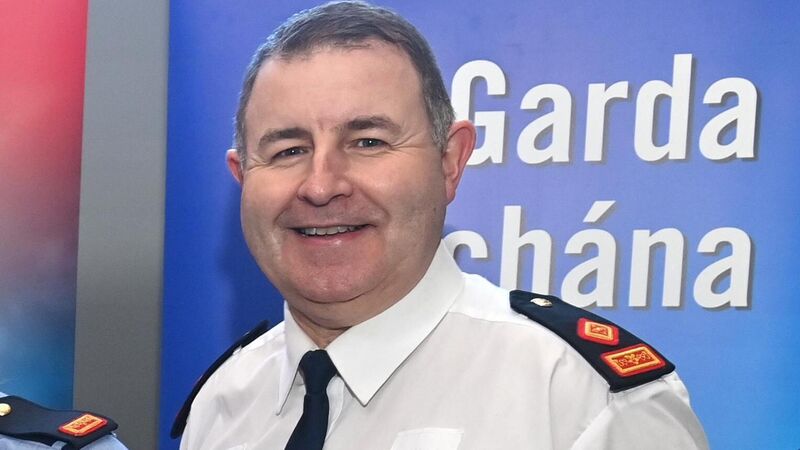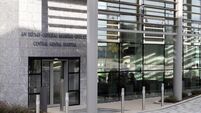Irish Examiner view: Garda appointment is a welcome step to tackling rural crime

Garda Superintendent Michael Corbett has been appointed as An Garda Síochána's first rural crime lead. File picture: Dan Linehan
In debates on crime in Ireland, urban lawlessness can often be the default focus, which is understandable given incidents such as the one in Donaghmede yesterday.
However, a garda appointment this week seeks to address any imbalance implied in that focus.
















